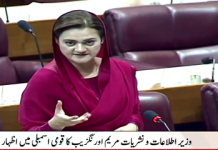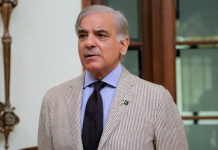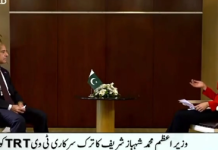ISLAMABAD: Federal Minister for Climate Change Zahid Hamid has said that the government cannot limit the hunting of migratory birds because it can affect Pakistan’s ties with other Islamic countries.
Speaking at a meeting on Climate Change, which met at the Parliament House on Monday under the chairmanship of Senator Mir Muhammad Yousaf Badini.
The committee chairman said that the government had allocated Rs 250 million for the safety of migratory birds, but did not impose a ban on their hunting. “If we are not protecting the birds, why do we need funds? Is government spending this money to save the birds from local people so that the princes of some foreign states can play the game of bird hunting freely in different parts of the country?”
The chairman said that if the government was granting permission to diplomats to hunt bird then the revenue generated from those permits should be spent on the common man of the relevant area in the form of education and healthcare facilities.
He said that steps should be taken for the establishment of the writ of the government and a uniform policy for hunting of birds may be adopted, which could provide a level playing field to all the people fond of hunting.
The committee also discussed the prevailing phenomenon of smog in Punjab. Officials of the Ministry for Climate Change told the committee that smoke-omitting factories were the main cause of smog. The committee chairman sought a report from the provincial government within 10 days regarding steps taken so far for the eradication of pollution causing it.
The committee showed its resentment on a reply from the Punjab government that it had no data about fog and smog, and said that the matter of smog was an extraordinary issue because was causing problems to the people.
On another point, Zahid Hamid said that the committee had been informed at least 20 times that the government was strictly following the pledges made in the Paris conference regarding climate change. If the government acted upon those promises, the international body concerned would give $40 billion in aid to Pakistan for improving the environment and subsequently saving the people from the affects of climate change.
He said that industrial countries had a more important role to play to control the emission of greenhouse gases, which at present stood at 402 metric tonnes and would increase to 1,608 metric tonnes in 2030. Expressing anger, the chairman asked the minister for how long the country would work on ad hoc policies. “Now scientific research should be carried out regarding climate change, and reliance only on paperwork be stopped.”















